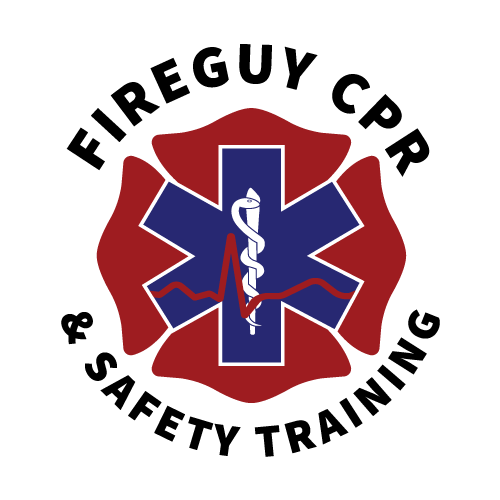When it comes to providing essential life-saving skills for medical emergencies involving children, the American Heart Association (AHA) stands as a trusted source for Pediatric Advanced Life Support (PALS) training. PALS is a specialized branch of first aid training designed to equip healthcare professionals and caregivers with the knowledge and skills needed to respond effectively to pediatric emergencies. Let’s explore how the AHA’s PALS program contributes to the well-being of children across the United States.
1. Expertise in Pediatric Care: The AHA, a renowned authority in cardiovascular care, has developed a comprehensive PALS curriculum. This curriculum covers the critical aspects of pediatric emergencies, including cardiac arrest, respiratory distress, and shock. The association’s commitment to evidence-based practices ensures that the training reflects the latest research and guidelines in pediatric care.
2. Specialized Training for Healthcare Professionals: PALS is primarily aimed at healthcare professionals who work directly with children, such as pediatricians, nurses, and paramedics. The AHA’s program goes beyond basic first aid and cardiopulmonary resuscitation (CPR) to address the unique needs and challenges of pediatric patients. This specialized training equips healthcare providers with the confidence and skills to respond effectively to critical situations in children, potentially saving lives.
3. Realistic Simulation: PALS training includes hands-on practice using advanced medical simulation equipment, allowing participants to experience realistic scenarios. This practical experience is invaluable in preparing healthcare providers to manage pediatric emergencies with competence and composure.
4. Regular Updates and Recertification: The AHA recognizes the importance of staying current in pediatric care. Therefore, they regularly update PALS guidelines and provide recertification courses to ensure that healthcare professionals maintain their knowledge and skills. This commitment to ongoing learning ensures that children receive the best care possible.
5. Improving Outcomes for Children: Ultimately, the AHA’s PALS program contributes significantly to improving outcomes for pediatric patients. Healthcare professionals trained in PALS are better prepared to identify and respond to critical conditions promptly, increasing the chances of a positive outcome.
In conclusion, the American Heart Association’s Pediatric Advanced Life Support training is an invaluable resource for healthcare professionals and caregivers involved in the care of children. With its expertise, specialized curriculum, practical training, and dedication to up-to-date guidelines, the AHA is instrumental in ensuring that children across the United States receive the best possible care in emergency situations. PALS training is not just a certification; it’s a commitment to the well-being of our youngest and most vulnerable patients.

Recent Comments